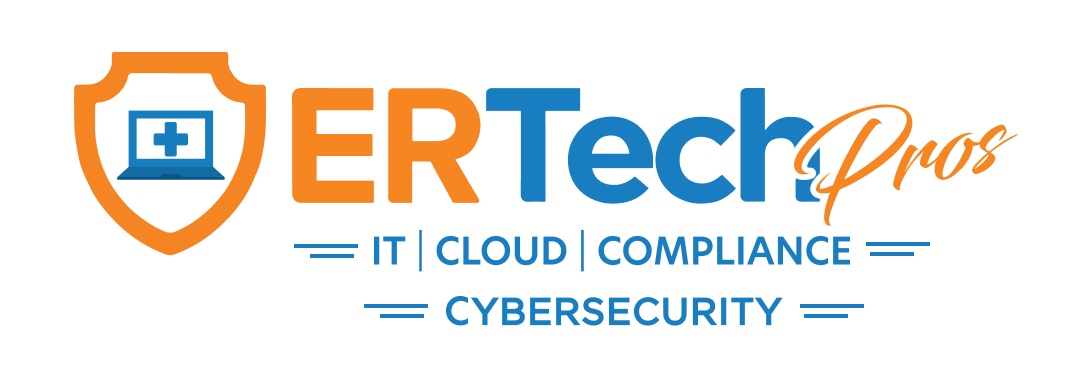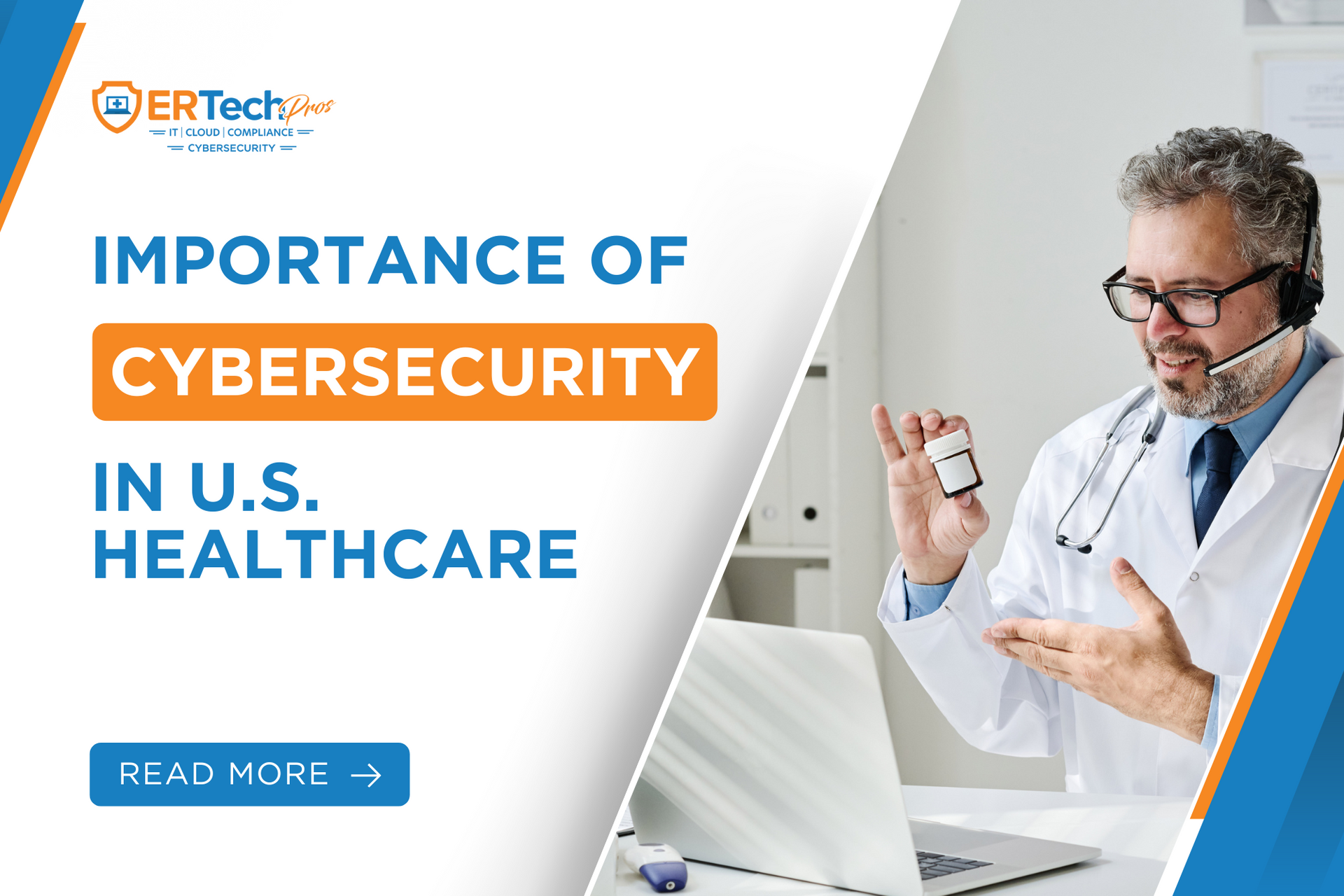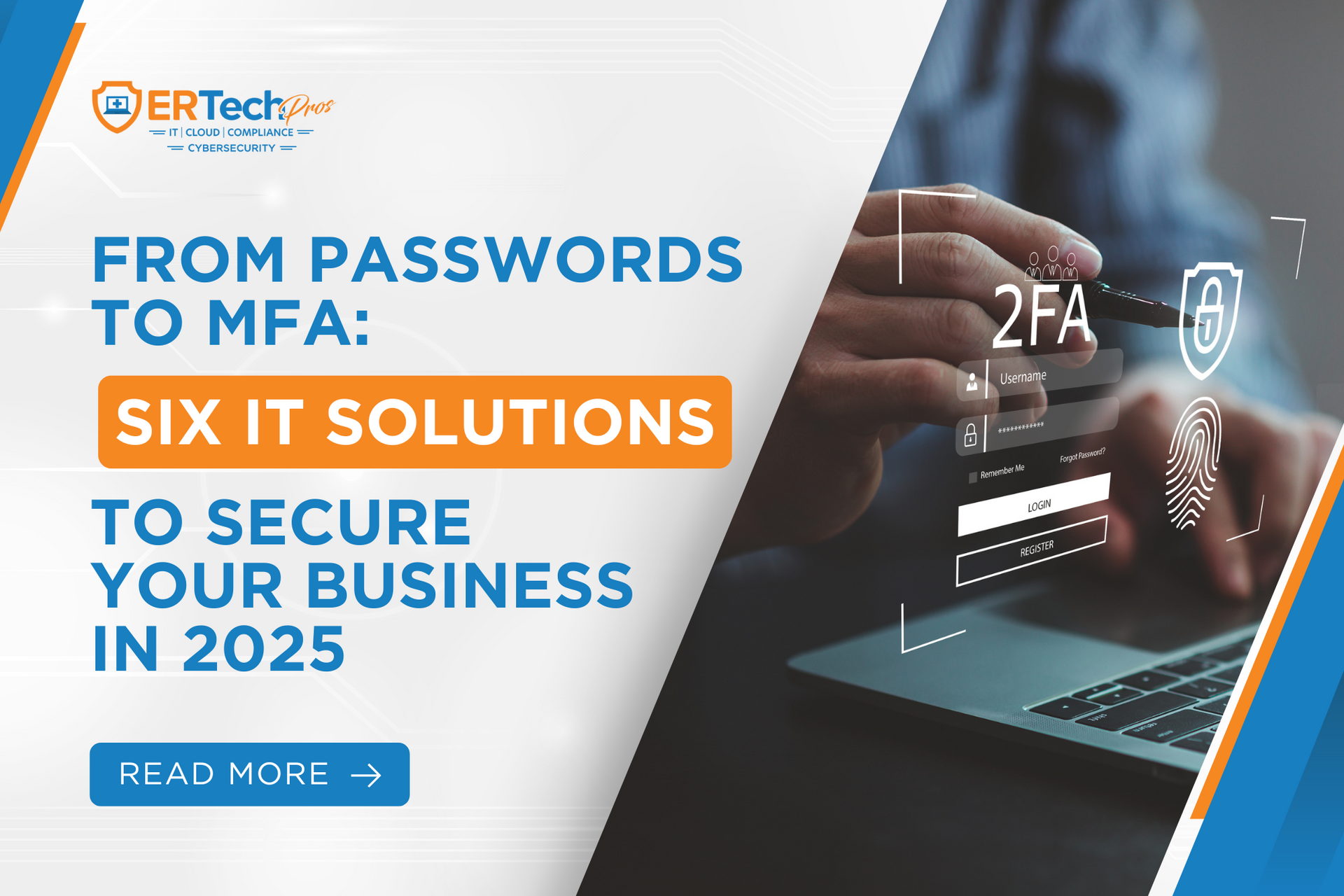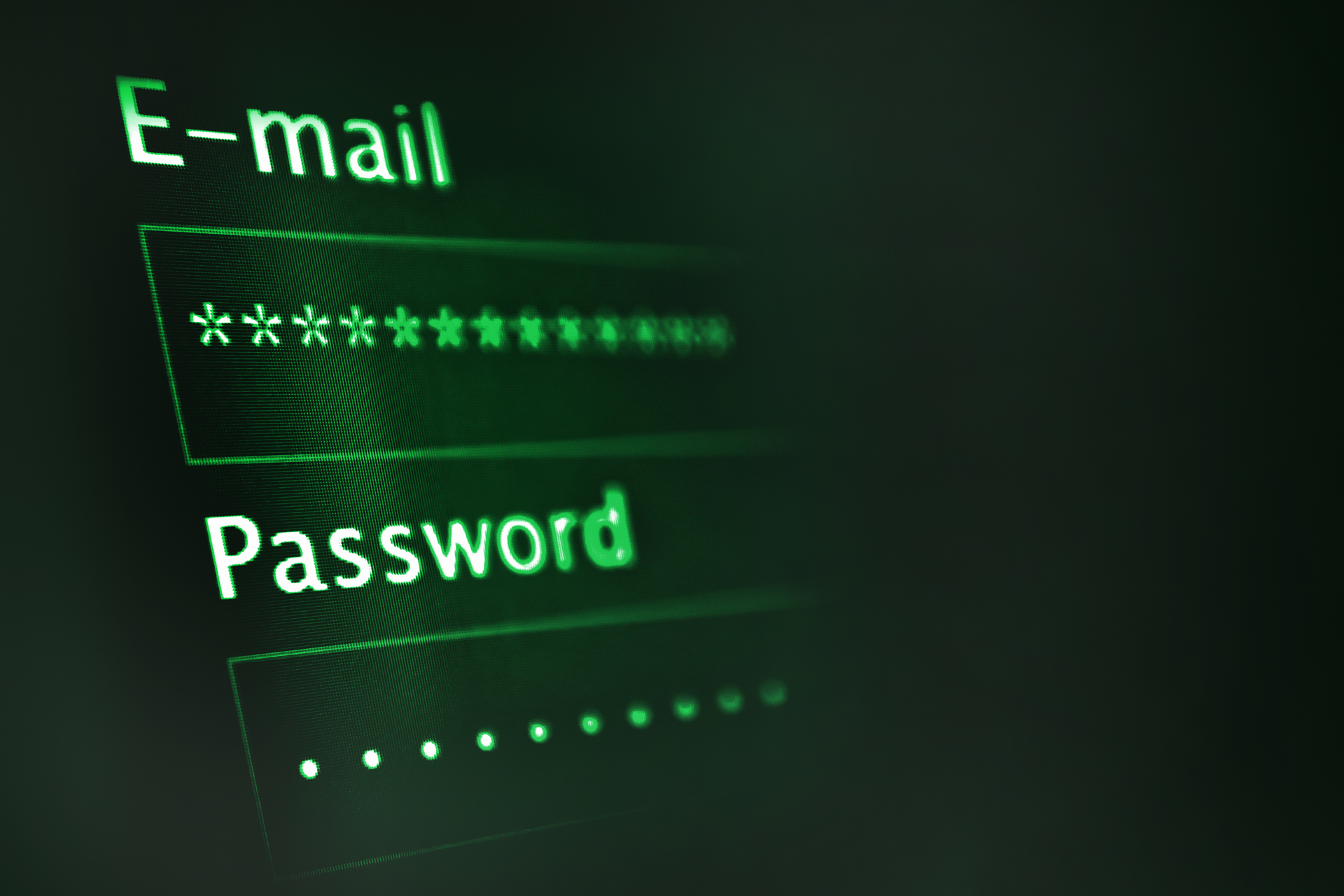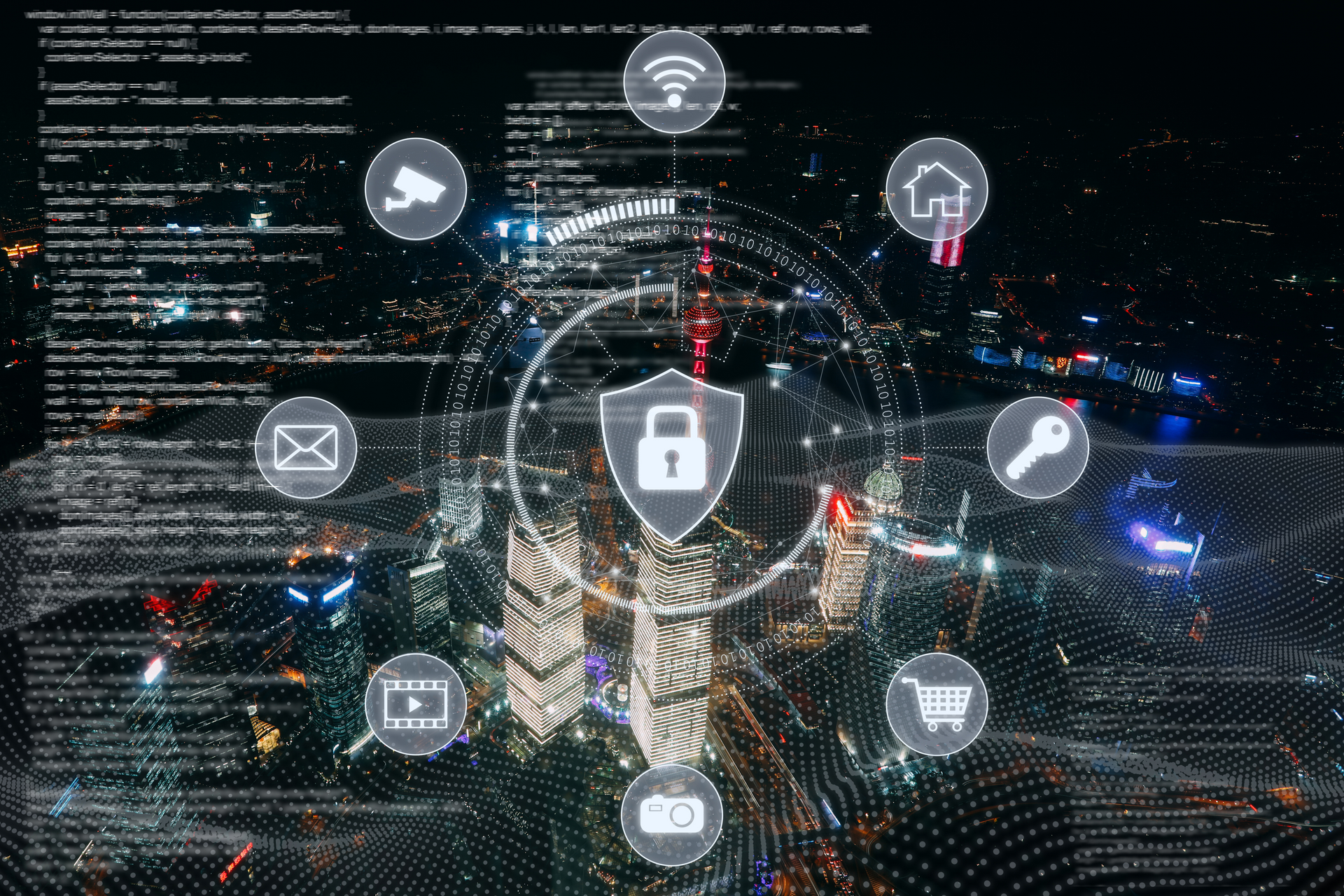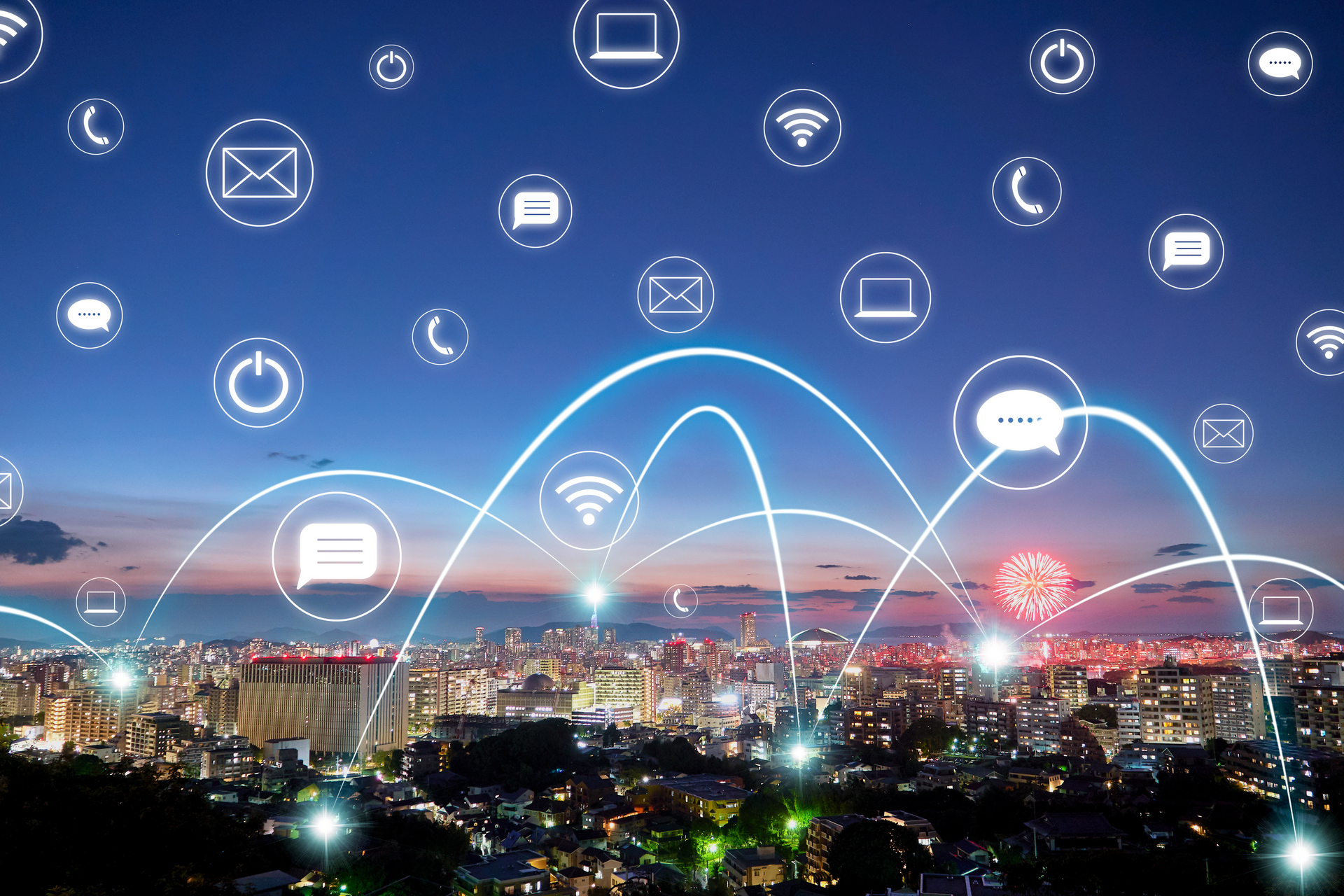Is Your Workforce Vulnerable to Russian Hacker Attacks?
The COVID-19 pandemic forced companies to adapt to a remote work setup to continue their operations. As we come up with a lasting solution to one problem, a series of other problems have sprung up. Cybersecurity concerns have become more prevalent as the work-from-home setup increases.
Just before 2020 ended, the National Security Agency (NSA) released a cybersecurity advisory and raised a warning about Russian state-sponsored groups attacking vulnerabilities in various remote-work platforms developed by VMWare, a cloud computing and virtualization software provider.
The NSA “encourages National Security System (NSS), Department of Defense (DoD), and Defense Industrial Base (DIB) network administrators to prioritize mitigation of the vulnerability on affected servers.”
VMWare already released a patch to mitigate the problem and prevent further damages.
“A command injection vulnerability was privately reported to VMware. Workarounds are available to address this vulnerability in affected VMware products.”
The security vulnerability? A compromised credential.
What Could This Mean For Your Practice?
The healthcare sector is arguably hit the hardest by the coronavirus crisis in so many ways.
In terms of continuity of operations, hospitals and clinics of all sizes have hastily transformed their processes. Unfortunately, like most of us, plenty of practices have not anticipated these sudden changes and have failed to take care of the IT side of things.
Meanwhile, cybercriminals have wasted no time to take advantage of the situation and have been quick to prey on targets with weak IT infrastructures and poor cybersecurity protocols.
During the height of the pandemic, a number of breaches took place. These are just some of them:
- Unsuspecting users falling victims to malicious domains. Cybercriminals created thousands of sites containing relevant terms like "coronavirus" and "covid19". When users who are eager to get new updates rush on to these sites, they spread malware and breach their systems.
- Zoom-bombing. Video-conferencing allowed us to connect with our colleagues and patients despite being on lockdown. Hackers didn’t waste any time targeting them. Video-conferencing tools like Zoom have been crashed by outsiders bringing malware with them.
- COVID-19-themed business email compromise (BEC) attack. BEC is a type of email fraud where an attacker spoofs or hacks a corporate email account and impersonates the real owner to persuade a recipient into sending money or sensitive company data.
Victims unknowingly comply with hackers, who impersonate people they know, asking for help like a donation for organizations combating the virus or a supposed friend asking for financial assistance to pay hospital bills due to COVID-19 hospitalization. - Ransomware attacks. Medical practitioners are among the favorite targets of cybercriminals. Since they can't afford to be locked out of their devices and put sensitive patient information at risk for too long, they fall victim to ransomware attacks the most and will likely pay the ransom.
Make Sure This Doesn’t Happen To You
How can you make sure this type of attack doesn’t happen to your practice and your workforce?
Change your passwords and make them more complex.
Cybersecurity experts are probably tired of stressing this:
Always make it a practice to create strong and unique passwords.
To make your passwords less likely to get compromised, do not use personal information and basic words that hackers can easily type to guess your password. Combine uppercase and lowercase letters, sprinkle in some numbers and special characters.
Nowadays, almost every new account for any platform even encourages you to do so. Just err on the side of caution and make it even more complex than what’s required (just make sure you don’t forget it).
Finally get multi-factor authentication (MFA) before it’s too late.
If there’s one thing that put most countries into a more difficult spot in 2020, it’s
complacency.
There’s a few key things to learn from countries that are back to living near-normal lives:
Making proactive decisions and taking preventive measures.
MFA is an extra layer of security used to confirm that you're actually the person that you say you are before granting access to an account by generating a code on another device.
This simple yet powerful tool makes it difficult for cybercriminals to get into your systems even if they managed to get your password.
Use a reliable VPN.
A virtual private network (VPN) boosts your security and privacy by hiding your IP address to make it harder for hackers to get into your system.
Aside from having protection against hackers trying to steal your work credentials and patient data, VPNs can also protect your other sensitive data like bank accounts and personal emails, keeping you further away from cyberthreats like gift card scams and data breaches.
However, VPNs may not be easy to configure and using the wrong one can also put your network in even more danger. Consult your IT staff to see what fits your current remote work setup.
Seek help from healthcare IT experts.
With or without COVID-19, it’s expected that your focus should be on providing quality patient care. Your organization may already be spread too thin right now. Your IT staff might be overwhelmed and ill-equipped to sustain your new setup and it’s just a matter of time before a costly oversight occurs.
If you don’t have an IT staff or you’re considering getting a better one that fits your budget, healthcare’s trusted IT experts who offer 24/7 support are here to help you.
Don’t Get Compromised Working From Home
Attacks similar to VMWare’s certainly won’t be the last. Protect your practice and your patients’ data before cybercriminals get their eyes on them.
If you need help in setting up MFA or with any kind of IT-related matter, call us immediately and let’s fix the holes in your IT security as soon as possible.
Curious but still a bit hesitant?
A test ride won’t hurt!
Go for a free trial with an MSP that specializes in healthcare IT.
Search Articles
